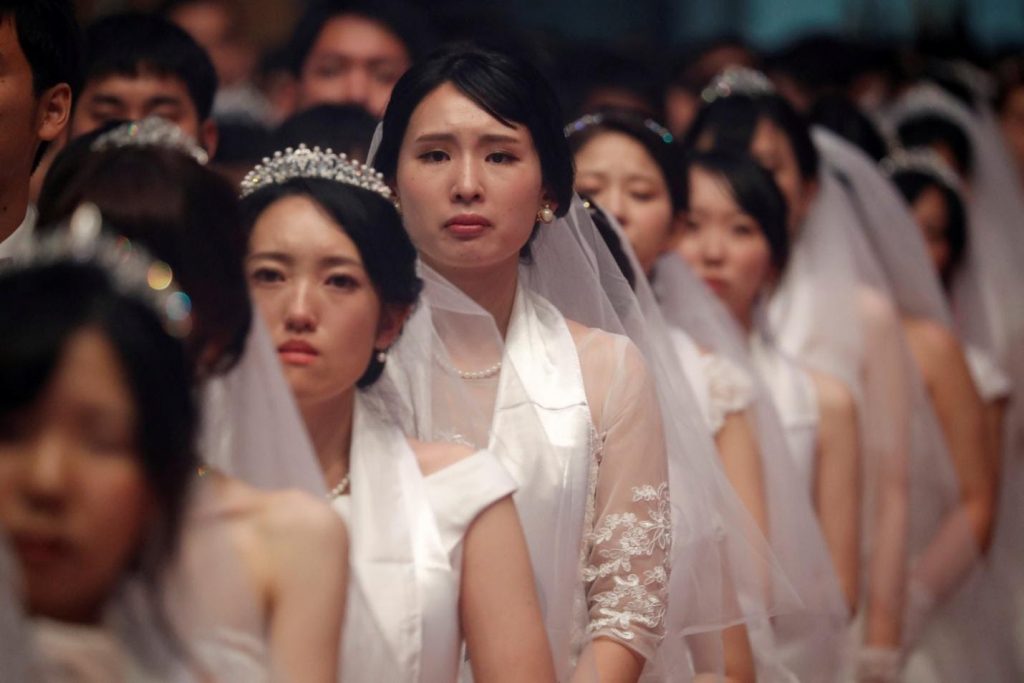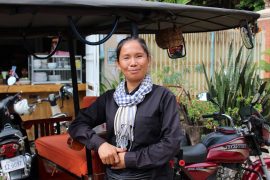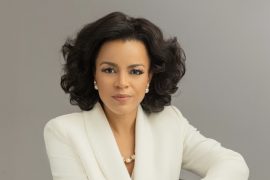Two years year after South Korea became the centre of Asia’s #MeTooMovement, the country’s first feminist party is hoping to keep women’s issues on the political agenda by winning seats in Wednesday’s national assembly elections.
In a campaign dominated by the government’s response to the coronavirus epidemic, the newly formed Women’s party has warned that South Korea’s poor record on sexual discrimination and violence risked being overlooked.
Young women have shaken up the country’s political culture in recent years with high-profile campaigns targeting the country’s molka spy cam voyeurism epidemic, strict beauty standards and the decades-old ban on abortion.
Despite its economic power, technological prowess and the soaring global popularity of its pop music and cuisine, South Korea remains a deeply conservative, patriarchal society. It ranked 108th out of 153 on the World Economic Forum’s 2020 Global Gender Gap Index, while women comprise just 17% of MPs in the national assembly – well below the global average of about 25% – according to the Inter-Parliamentary Union.
“Almost all male politicians, regardless of being progressive or conservative, are traditionalists when it comes to women’s rights,” said Lee Soo-jung, a criminology professor at Kyonggi University near Seoul, adding that some did not understand the difference between pornography and sexual crimes.
Launched only last month to coincide with International Women’s Day, the Women’s party is expected to struggle to attract votes from the two main parties – President Moon Jae-in’s liberal Democratic party and the conservative United Future party – and their smaller allies, as it attempts to win four of the 47 seats being contested through proportional representation in the 300-seat assembly.
“The two biggest parties dominate the political scene, but many diverse voices need to be heard,” Kim Eun-joo, co-leader of the Women’s party, told the Guardian on the eve of the election. “We’re not a party for women to discuss a wide range of issues – we’re about improving the lives of women, and that’s why we only have a small number of campaign pledges.”
To win a seat, the party would need to secure a minimum of 3% of the popular vote. But given that it is unlikely to attract male voters, it would probably have to win the backing of double that proportion of female voters.
“The setting up of the Women’s party is significant, but as a minor party it would be fairly difficult to tap into a broader electorate,” said Chae Jin-won, a professor in politics at the Kyung Hee University in Seoul.
Chai Hyun-jung, a 33-year-old working mother in Seoul, said she had been put off by the party’s sole focus on women’s issues, adding she was more likely to vote for a candidate who pledged to improve early-years education and address high property prices in the capital.
“I have too many other responsibilities in my life to solely focus on gender issues,” Chai said. “Of course, I’m angry about cyber sexual violence, but I’m sceptical that giving a single seat to a feminist party will actually make a noticeable difference.”
Kim said the party’s campaign had been held back by a ban on loudspeakers and other rules that apply only to candidates vying for proportional representation seats, and by social distancing rules imposed in response to the coronavirus outbreak.
“Teenagers and young women are the groups whose voices are heard least,” said Kim, whose members have received death threats and had stones thrown at them during the campaign.
“South Korean women have been forced to put up with injustices such as digital sex crimes for years. If we put off confronting these problems until the next elections in four years’ time, it will be too late.”
The Guardian





Comments are closed.